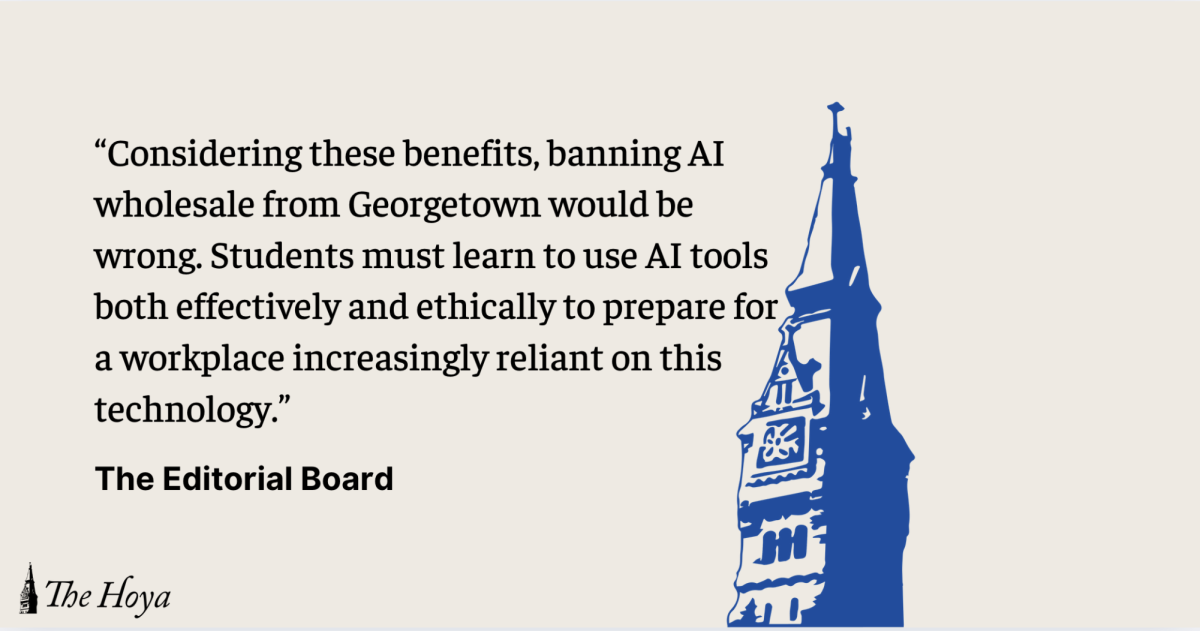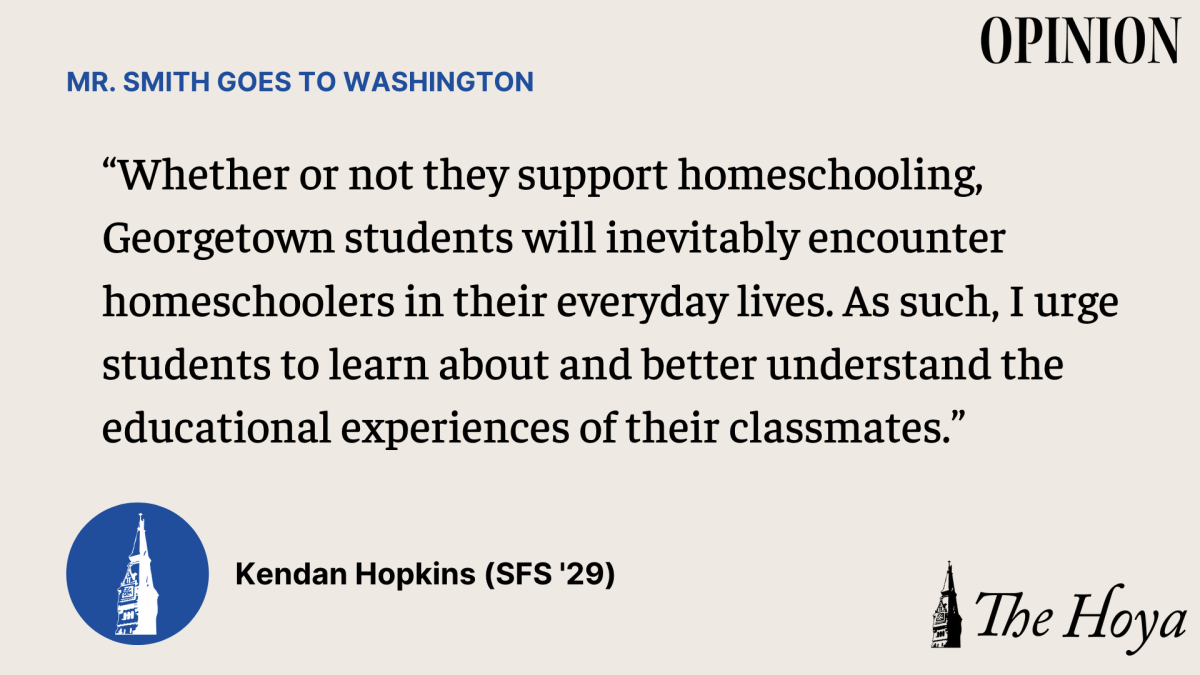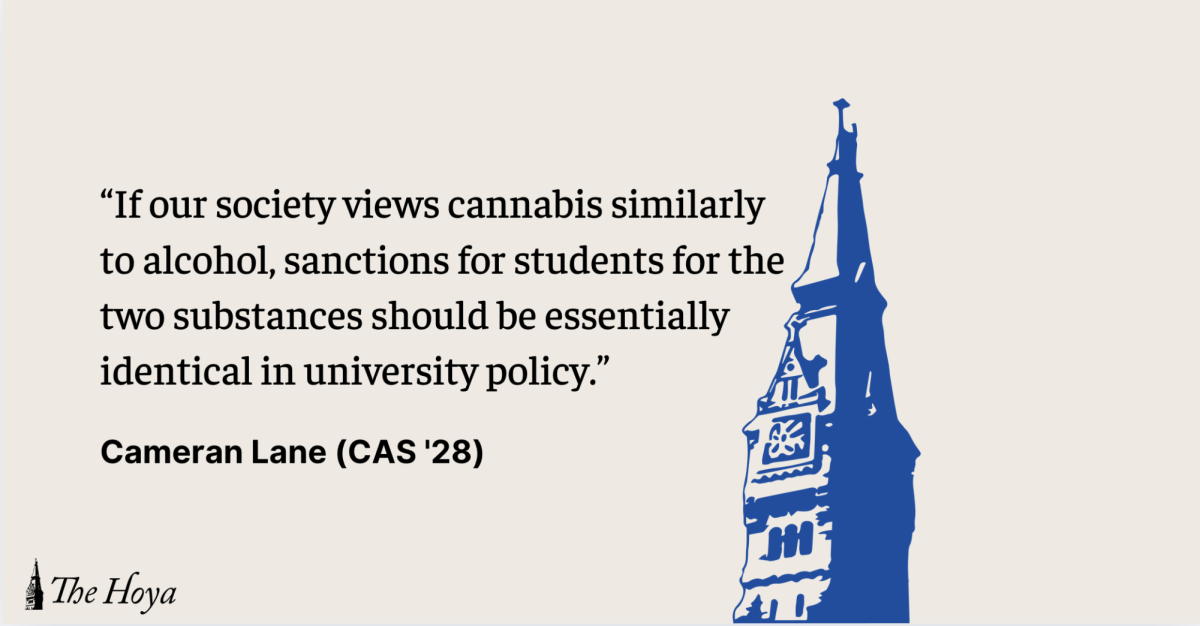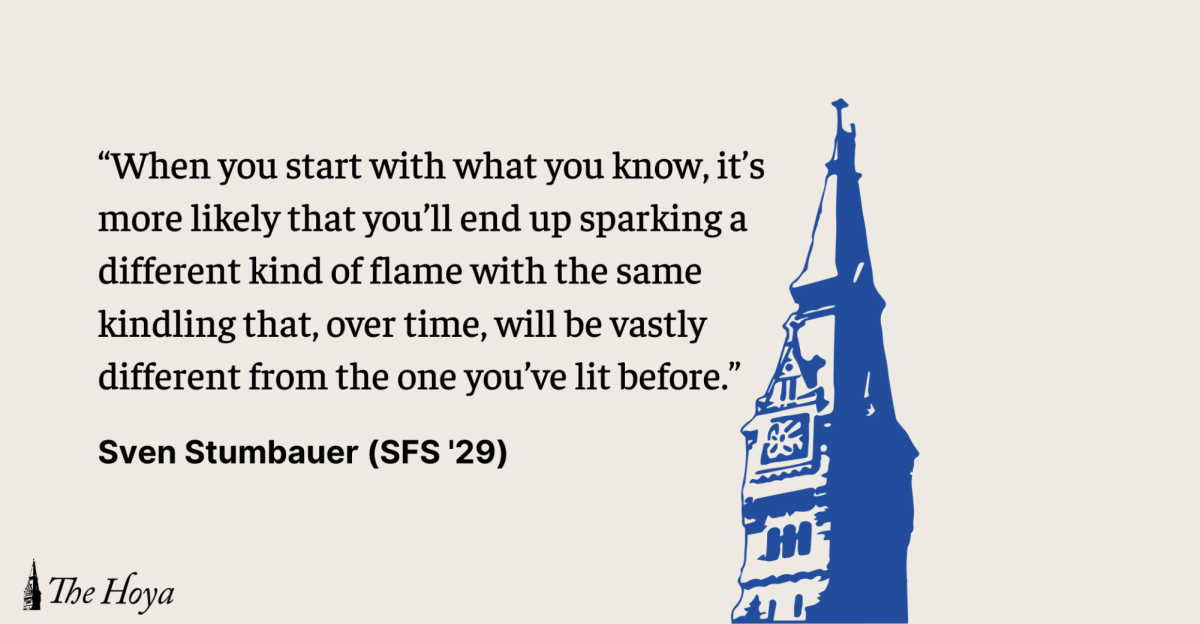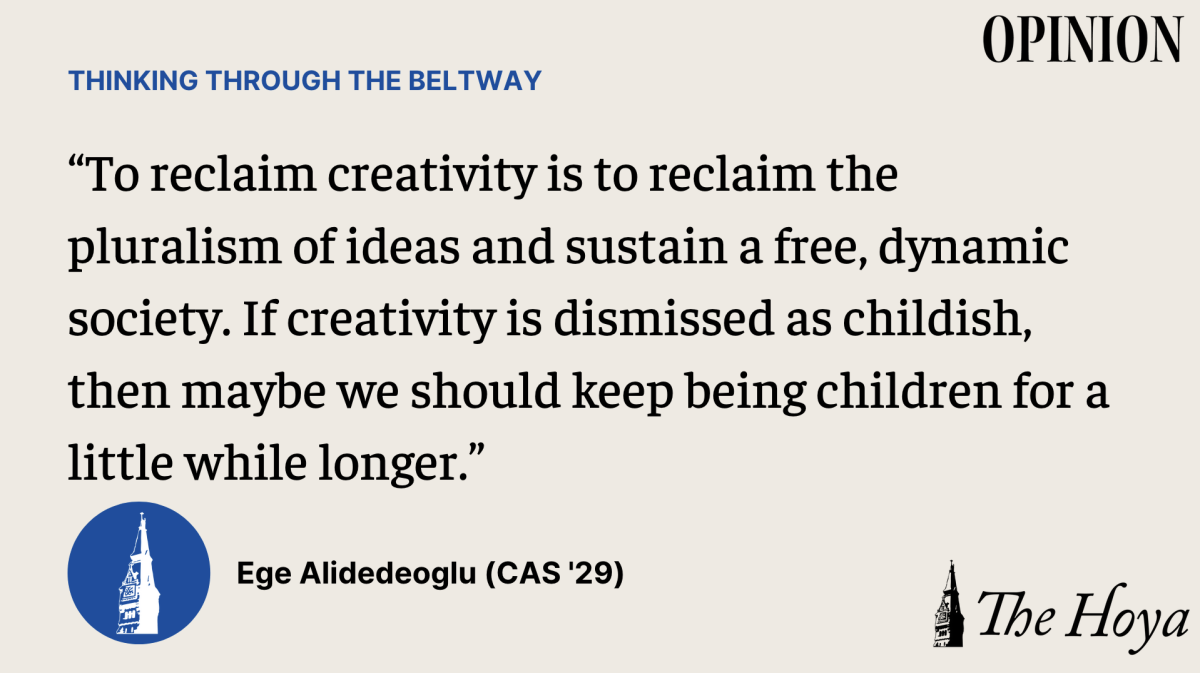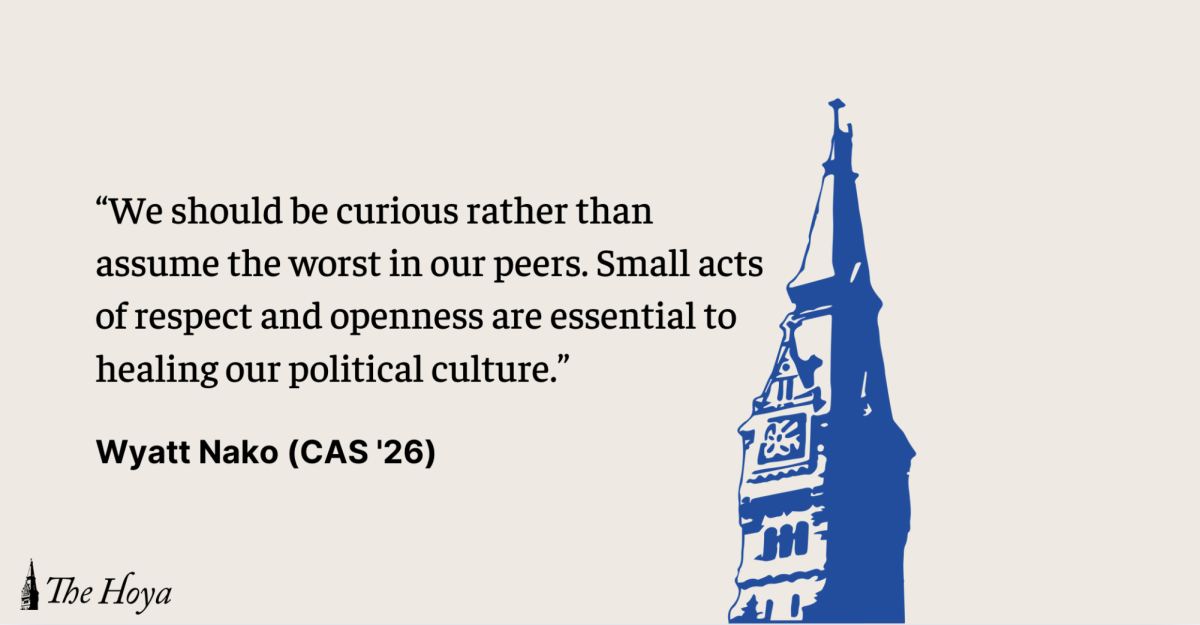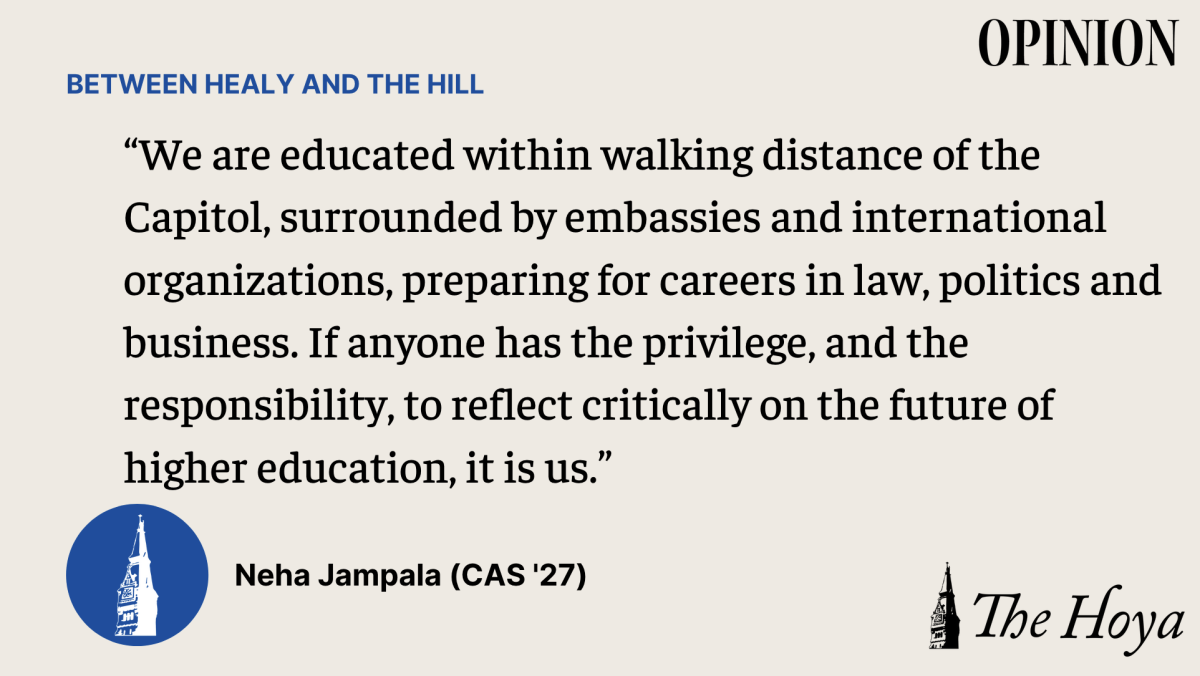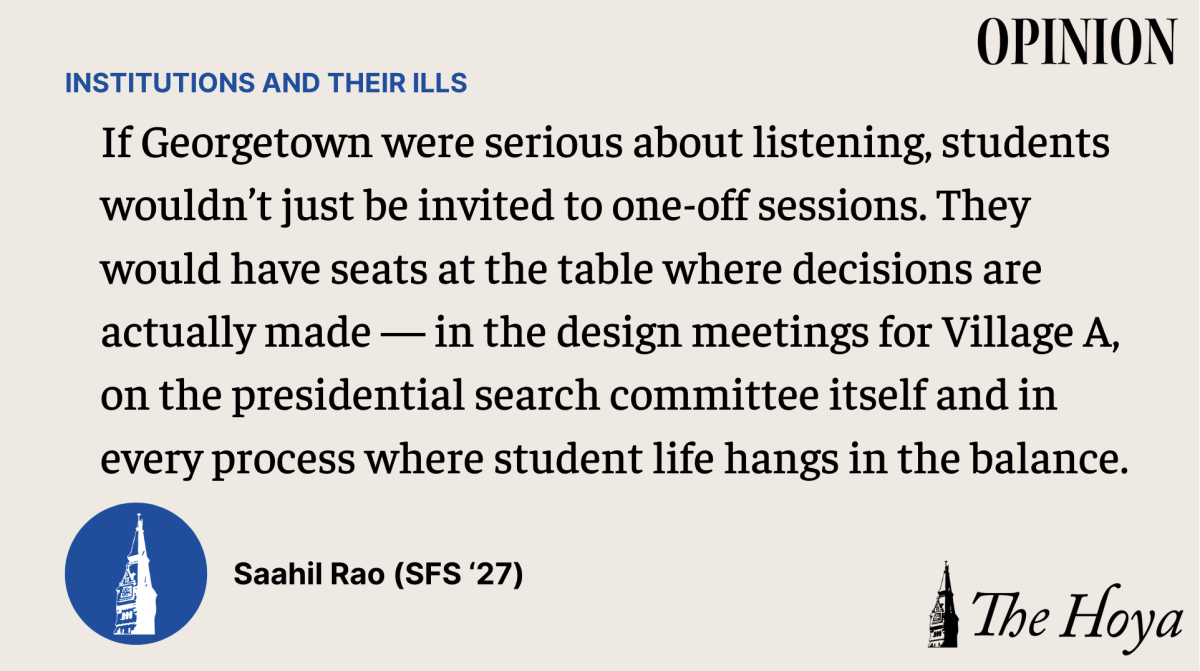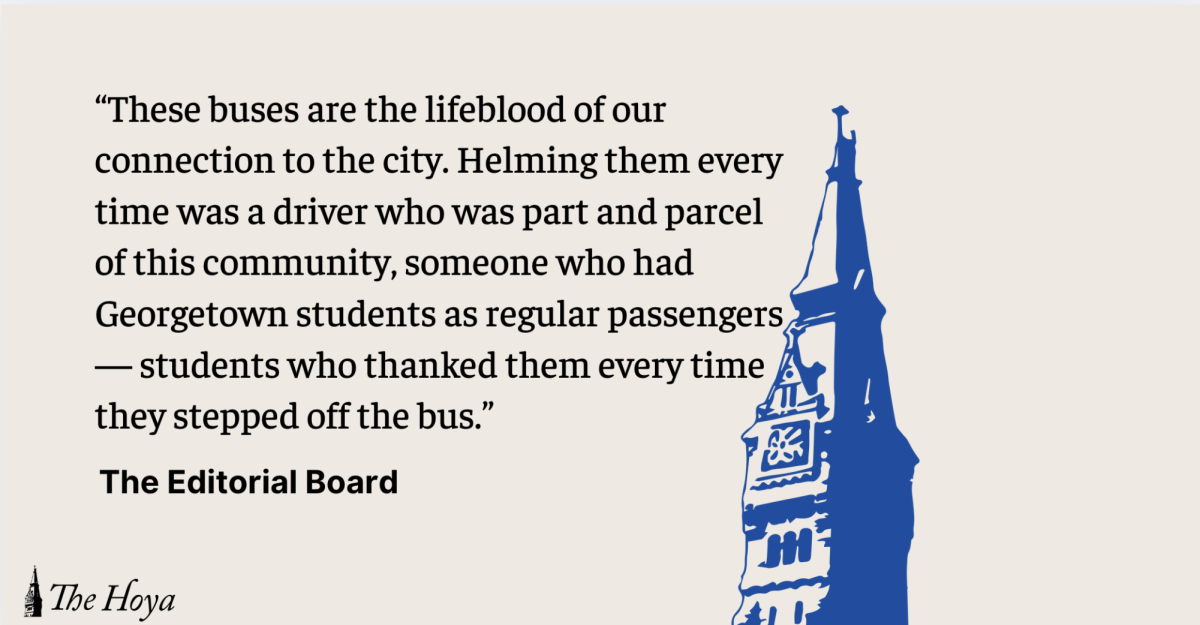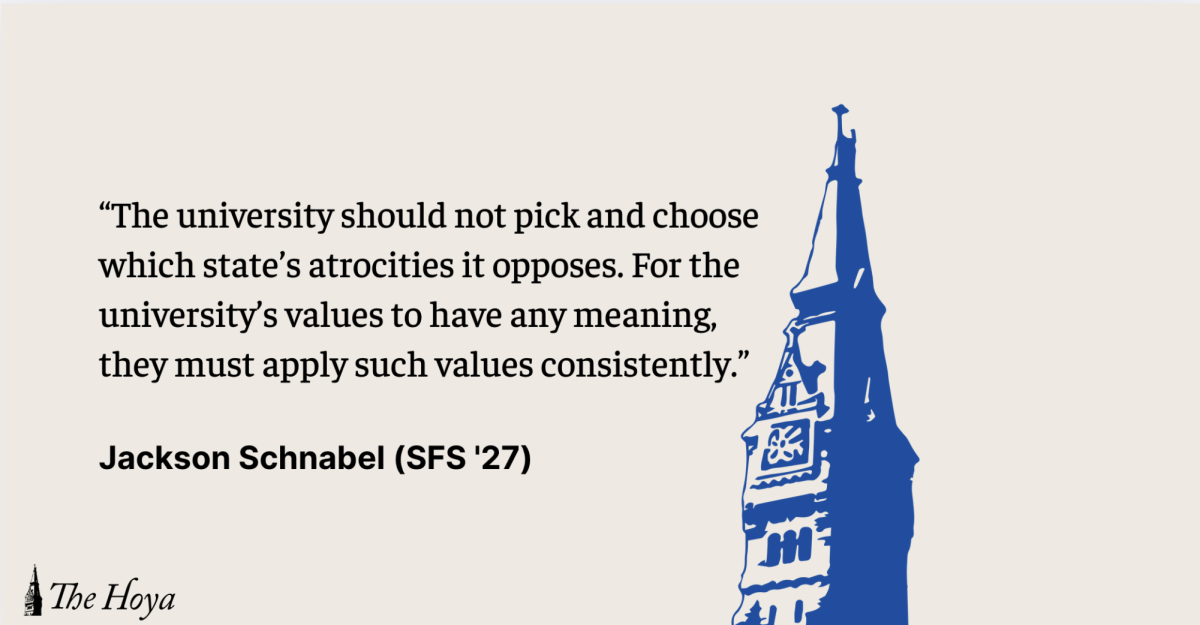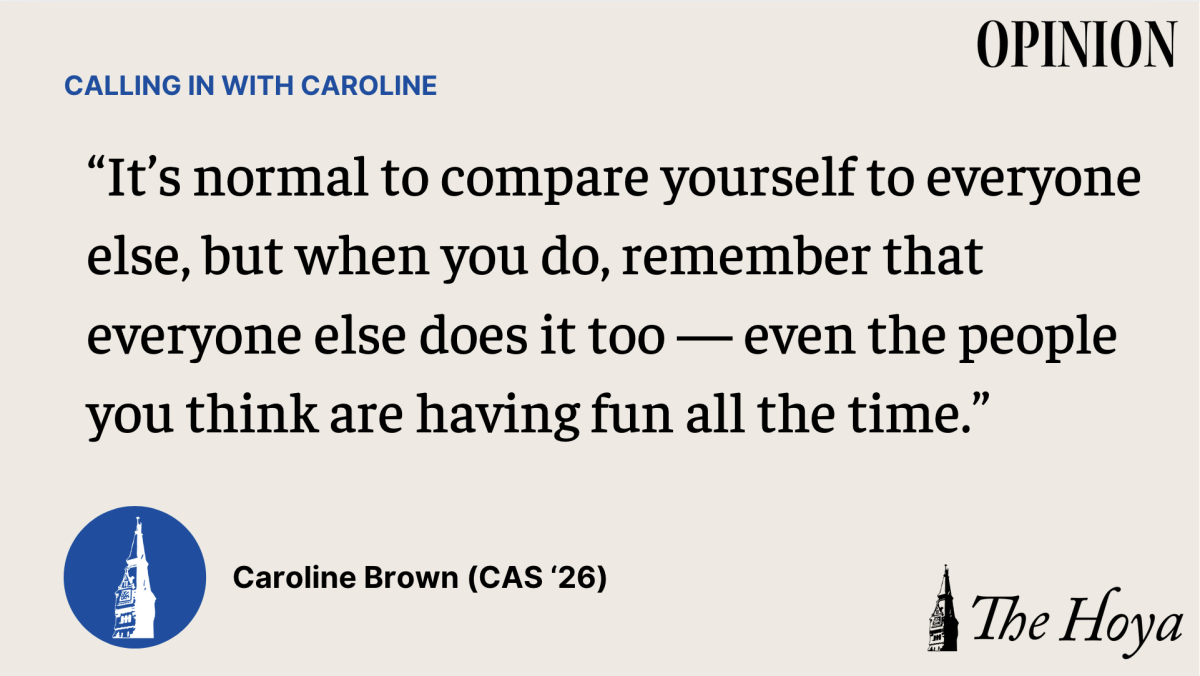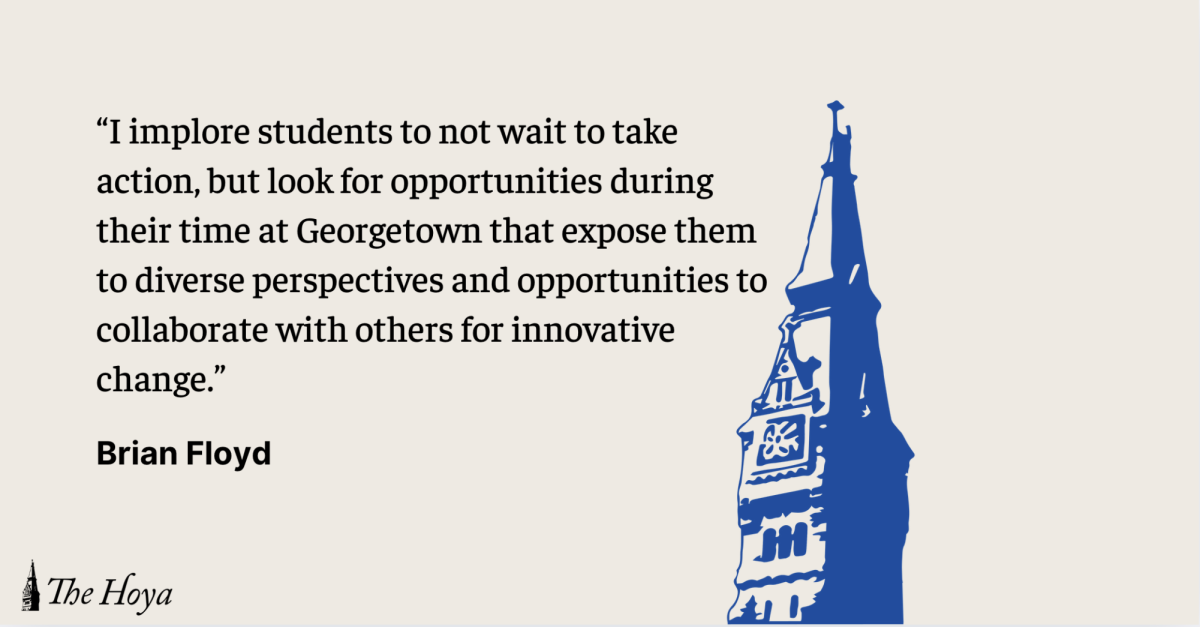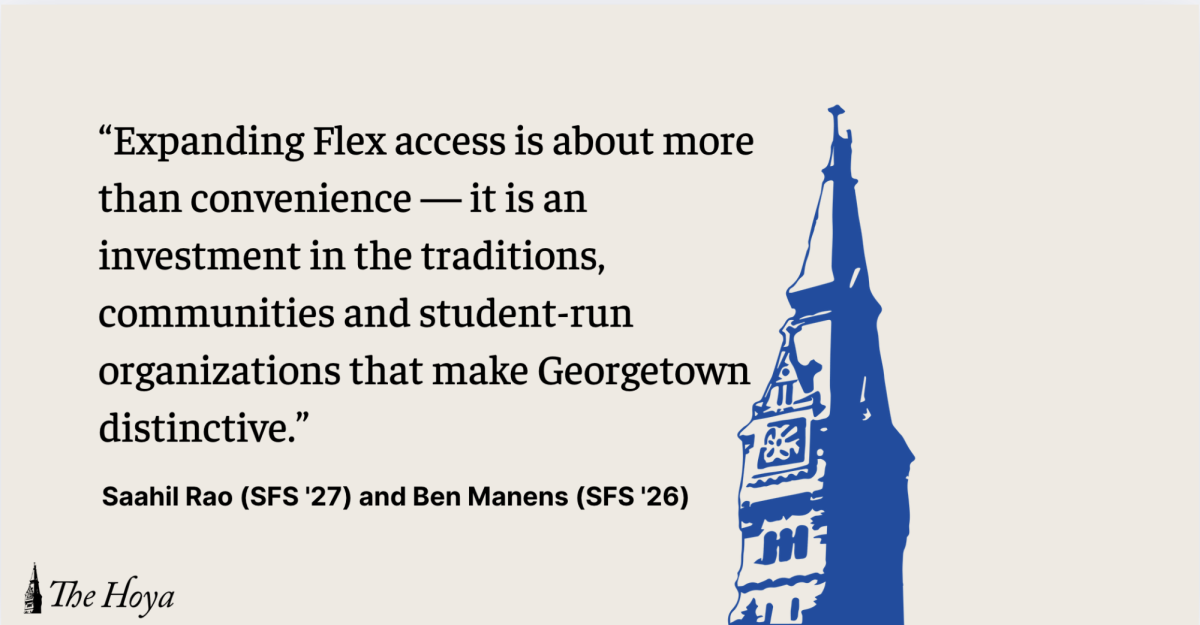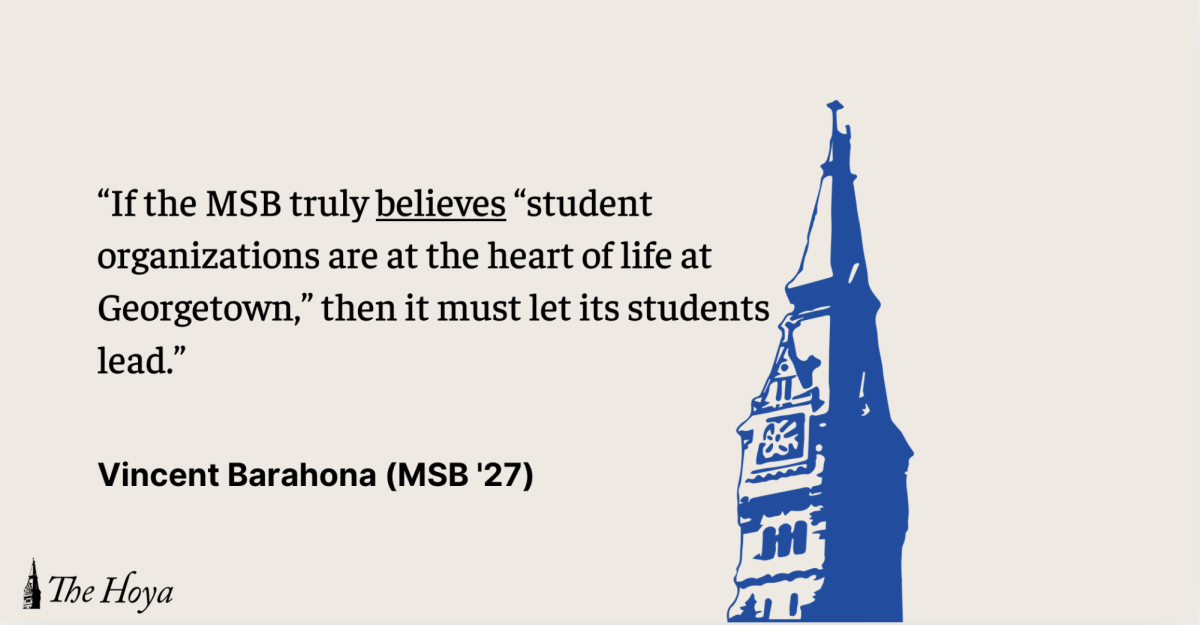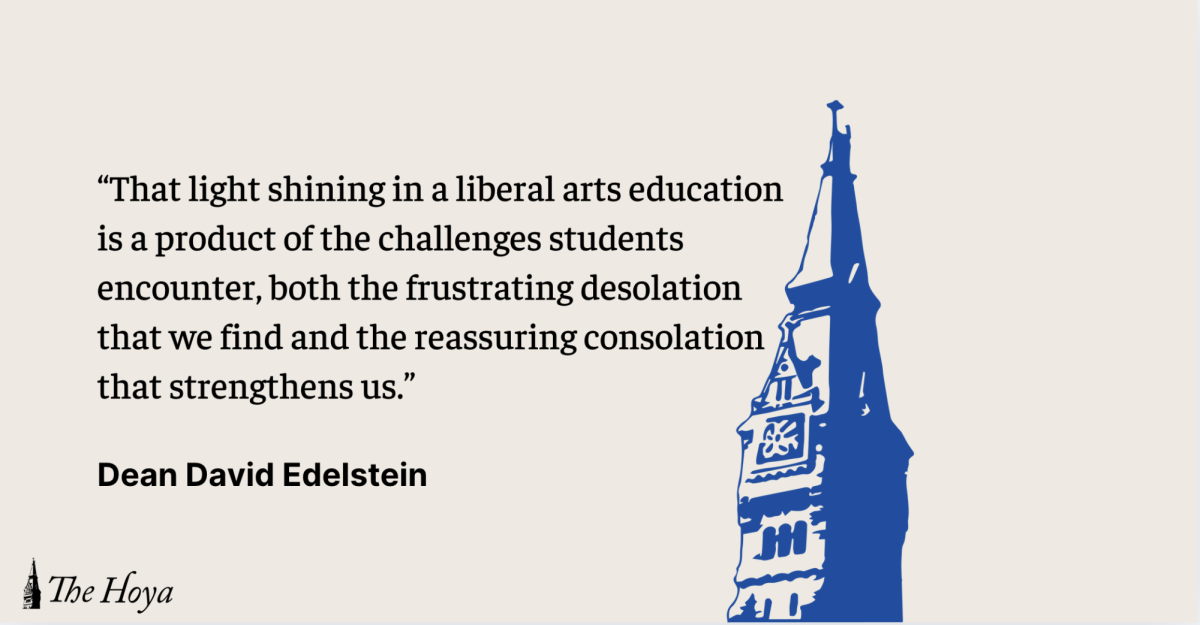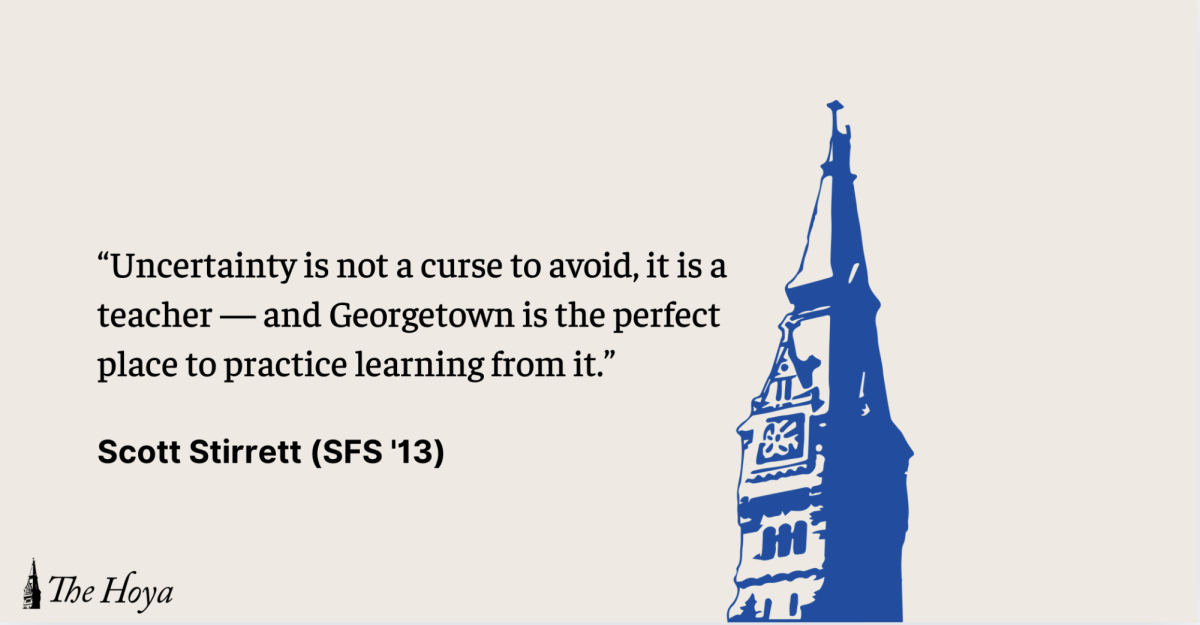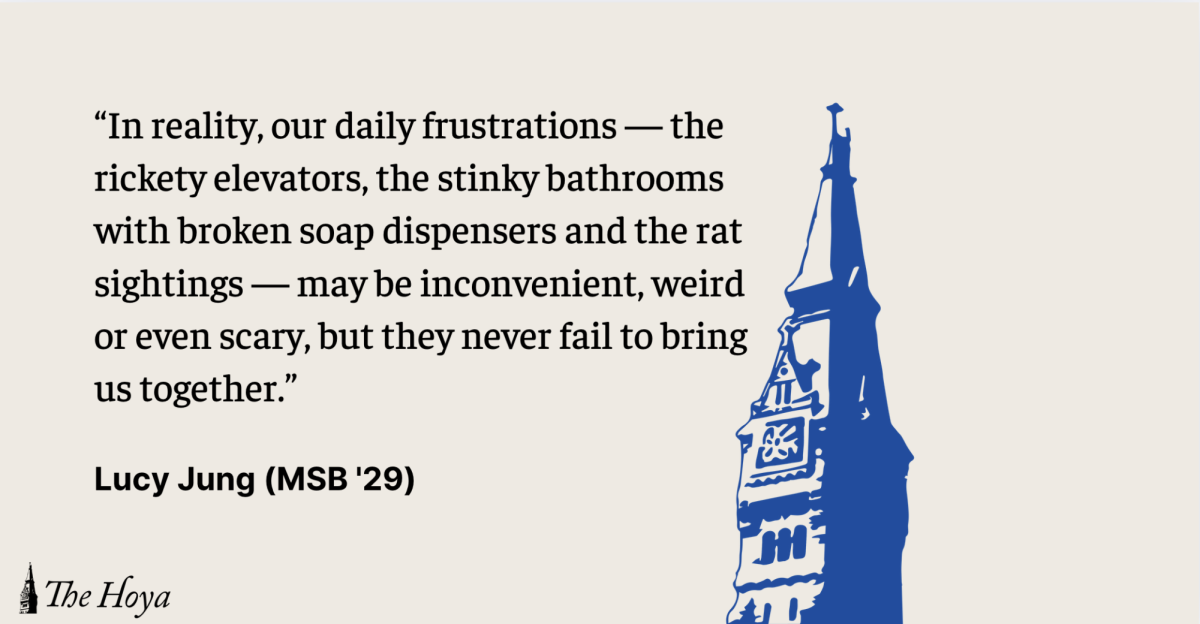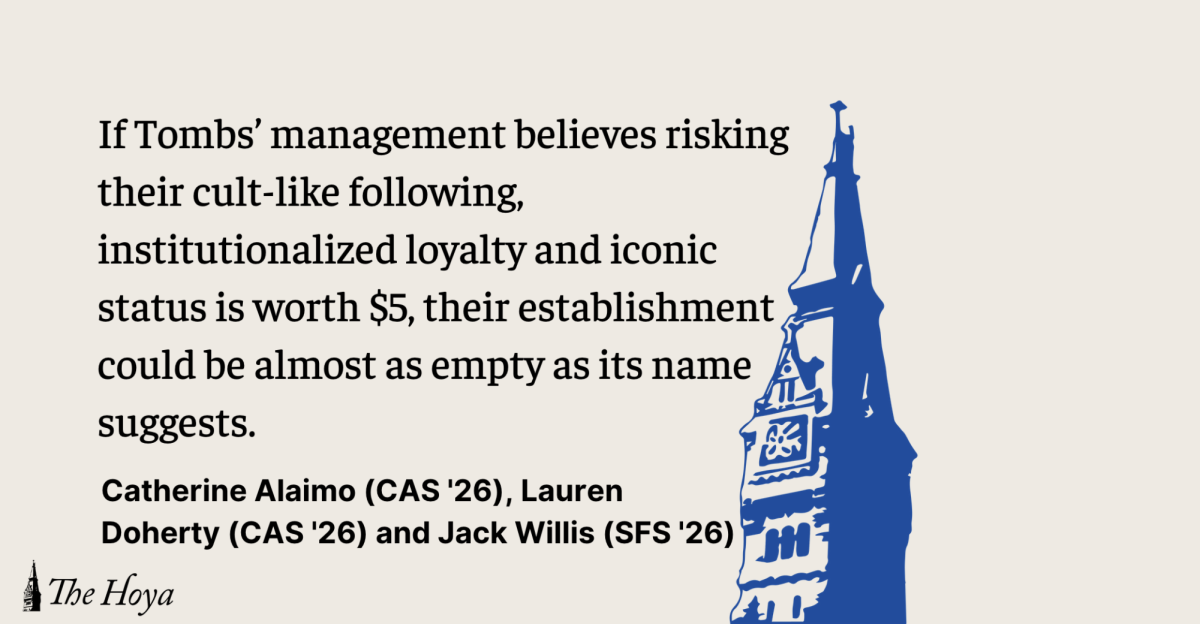On March 17, masked immigration agents arrested Georgetown University postdoctoral fellow and teacher Badar Khan Suri outside his home in Northern Virginia. Khan Suri is being held without charges in a federal immigration detention facility in Texas for “spreading Hamas propaganda” and having “close connections to a known or suspected terrorist.” This follows the unlawful arrest of Mahmoud Khalil, a Columbia University graduate and legal permanent resident, on March 8 for his involvement in pro-Palestine campus protests.
On March 25, Rumeysa Ozturk, a Tufts University graduate student and Turkish national, was ambushed by ICE agents; she is being detained in a correctional center in Louisiana, and her visa has been terminated. On the same day, a judge blocked the deportation of Yunseo Chung, a Korean-American Columbia undergraduate and green card holder, after federal immigration services sought to deport her for protesting the university’s disciplinary actions against pro-Palestinian student activists.
The academic world, of which many of us claim to be a part, is being assaulted by the U.S. empire. Khalil was the litmus test. Suri was next. And this is only the beginning.
Time is of the essence: Georgetown must transform into a sanctuary campus and block the systematic targeting of its scholars and students before this erosion of academic rights becomes permanent — for when members of a university community live in fear, the very idea of a university collapses.
I write to you — students at Georgetown’s U.S. campus — from Georgetown’s Qatar campus. As a student at Georgetown University in Qatar, I am deeply concerned by the crackdown on academics in the United States for speaking out against genocide in Gaza. Suri’s abduction epitomizes the organized effort to intimidate and silence those advocating for Palestinian freedom. Despite being geographically far from the heart of the empire, we at Georgetown Qatar have just as much to lose in this fight. But what I fear more than the consequences of offending an autocratic government is the possibility that my education has been ultimately empty and hypocritical.
On first glance, Khalil’s arrest seems calculated. The Columbia student body has been vocal, their encampments visible. The same cannot be said for Georgetown. And yet, they’ve brought the fight to your doorstep. They’ve come into your house and taken one of yours.
Academics are being targeted for a reason. I want to caution those making the mistake of dismissing these arrests as an administration-specific policy — an aberration, an anomaly, an unfortunate blip. The reality is that, even if just on this particular issue, U.S. domestic policy has finally caught up with its policies abroad, which have always been defined by dispossession, racism and indiscriminate force.
Things were not normal before the 2024 election, and they are not normal now. The same actor that bombed Al-Ahli Hospital in Gaza and killed 500 people on Oct. 17, 2023 also bombed a refugee camp in a designated “safe zone” in Rafah on May 27, 2024. The same actor that bombed United Nations workers last week also lured Palestinians back to the rubble of their homes in the Gaza Strip and then proceeded to bomb them in the holiest month of the Muslim year. The actor was, and always has been, the U.S. empire and its “spoiled, protege, client, and enforcer in the region, Israel,” in the words of historian Rashid Khalidi.
If we don’t recognize the continuity of this violence and the way it transcends administrations, we are surrendering to a shortsighted view of the problem.
In light of these atrocities, I find it futile to tiptoe around sensitivities and mince my words. These crimes cannot be airbrushed and intellectualized using nuanced and balanced language.
Disagreeing over the language used to discuss a genocide is a distraction from the genocide itself and a discursive trap that I will not fall into. As supporters of Palestinian self-determination, we are tired — exhausted — of explaining.
And to those “critical” scholars, whose essays on decolonization and resistance we read in class yet choose to remain silent: You are the perfect embodiment of what academia must never become.
I want to use this space to reiterate the demands of the Georgetown chapter of Students for Justice in Palestine (SJP). Georgetown must become a sanctuary campus protecting individuals from surveillance and deportation, publicly denounce the detention of Khan Suri and cease suppressing pro-Palestine speech. It must fully disclose its endowment and investments while completely divesting from entities complicit in Palestinian colonization, including technology corporations, weapons manufacturers, and institutions on the Boycott, Divestment and Sanctions (BDS) list. Finally, as Georgetown SJP demands, it must “end all academic partnerships (such as study abroad programs) with the zionist entity.”
Finally, my intention in writing this letter is not to alienate and cause friction, but to remind you of your power and that you are not alone. Due to the nature of your government, every generation of American students inherits a war — a conflict that runs parallel to your education and demands your engagement. This is yours. In the words of Raymond Williams: “To be truly radical is to make hope possible rather than despair convincing.”
Minahil Mahmud is an Andretta Fellow and junior in the School of Foreign Service at Georgetown University in Qatar.



